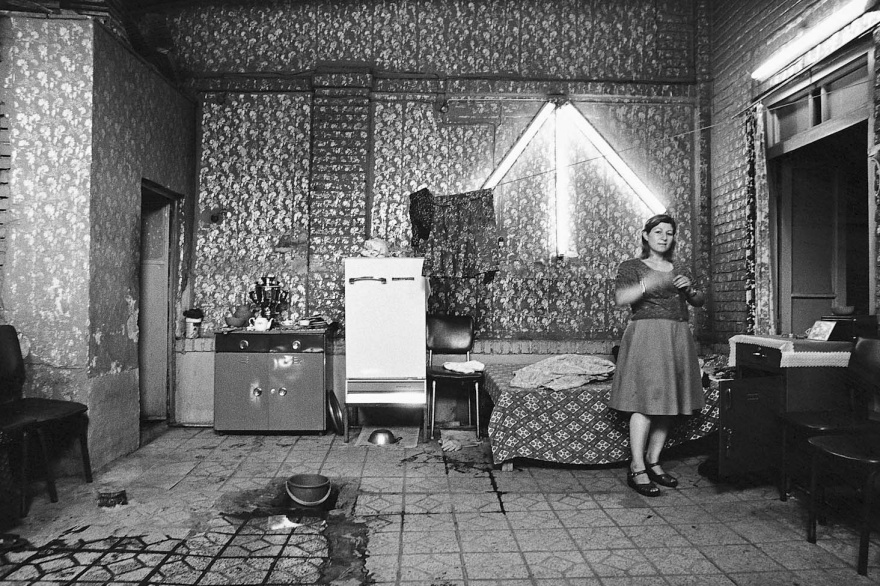
Kaveh Golestan was born in 1950, Tehran, Iran. He was a photojournalist and an artist who worked in both Iran and Britain.
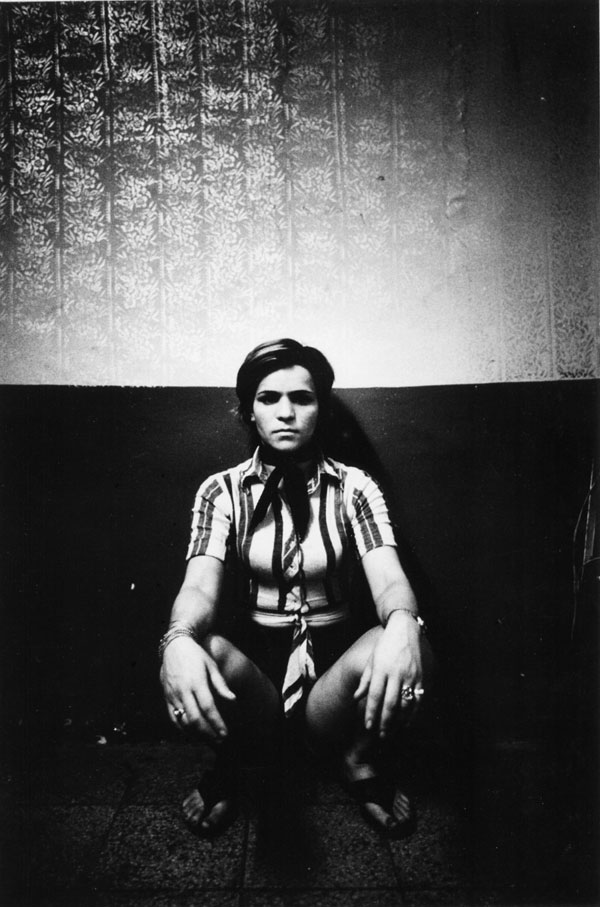
Kaveh Golestan’s socially engaged photography exposes the plight of people living on the margins of society.

This series of portraits, taken between 1975 and 1977, documents sex workers from the former red light district, Shahr-e No, in Tehran, Iran. Following the 1953 Iranian coup a wall was erected around the area, creating an inner-city ghetto where approximately 1,500 women lived and worked. Here Golestan witnessed ‘the social, financial, hygienic, behavioural and psychological problems that exist in everyday society… magnified.’
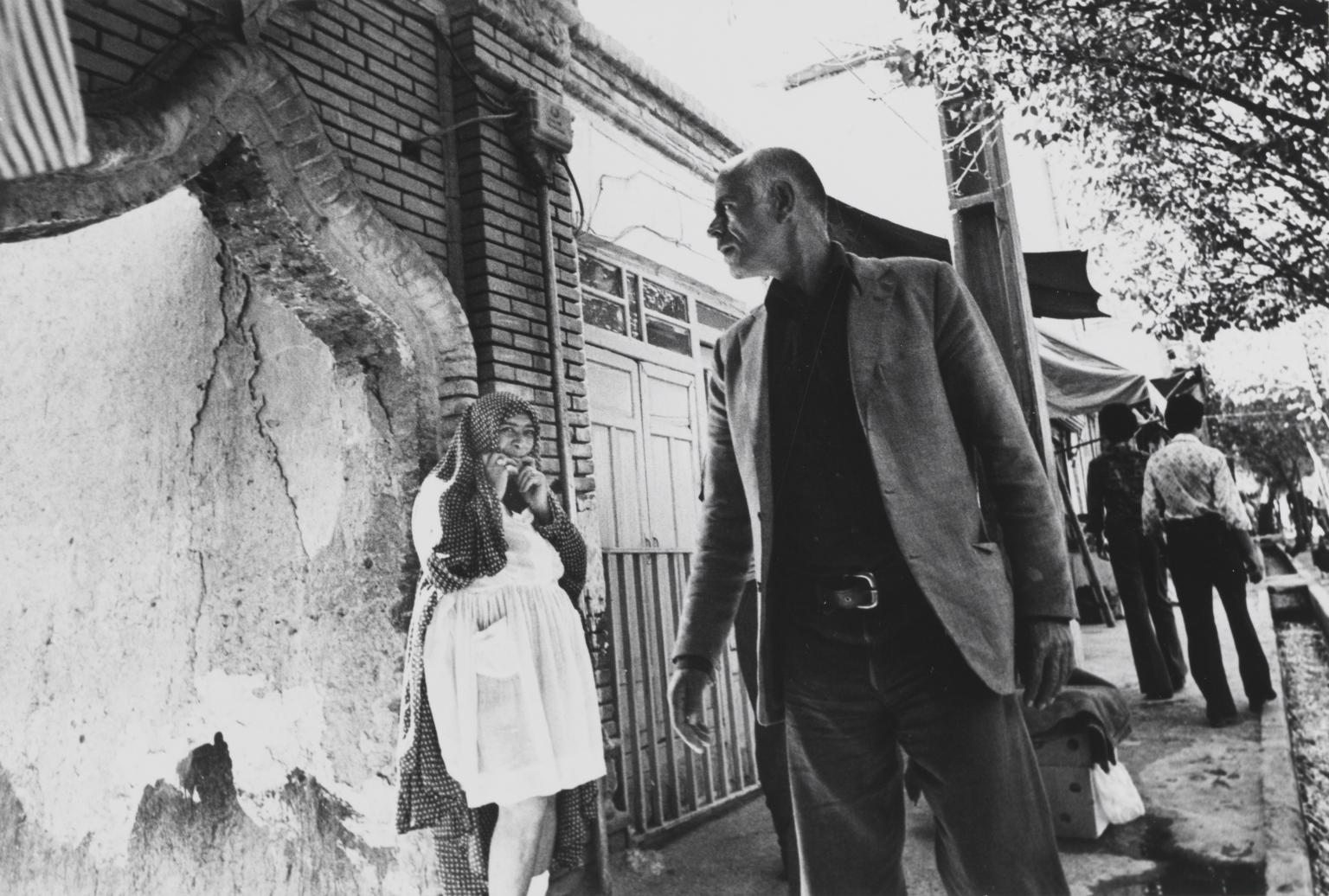
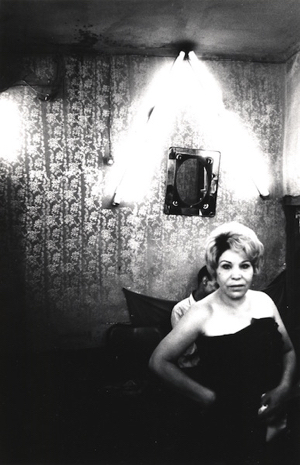
Golestan spent several years researching the area and gaining the trust of the residents, developing a connection with his subjects evidenced by the sensitivity of his portraits. Golestan believed in the power of art to challenge accepted narratives. By documenting harsh realities with brutal honesty he hoped to raise awareness of the issues facing society and encourage the public to take action.
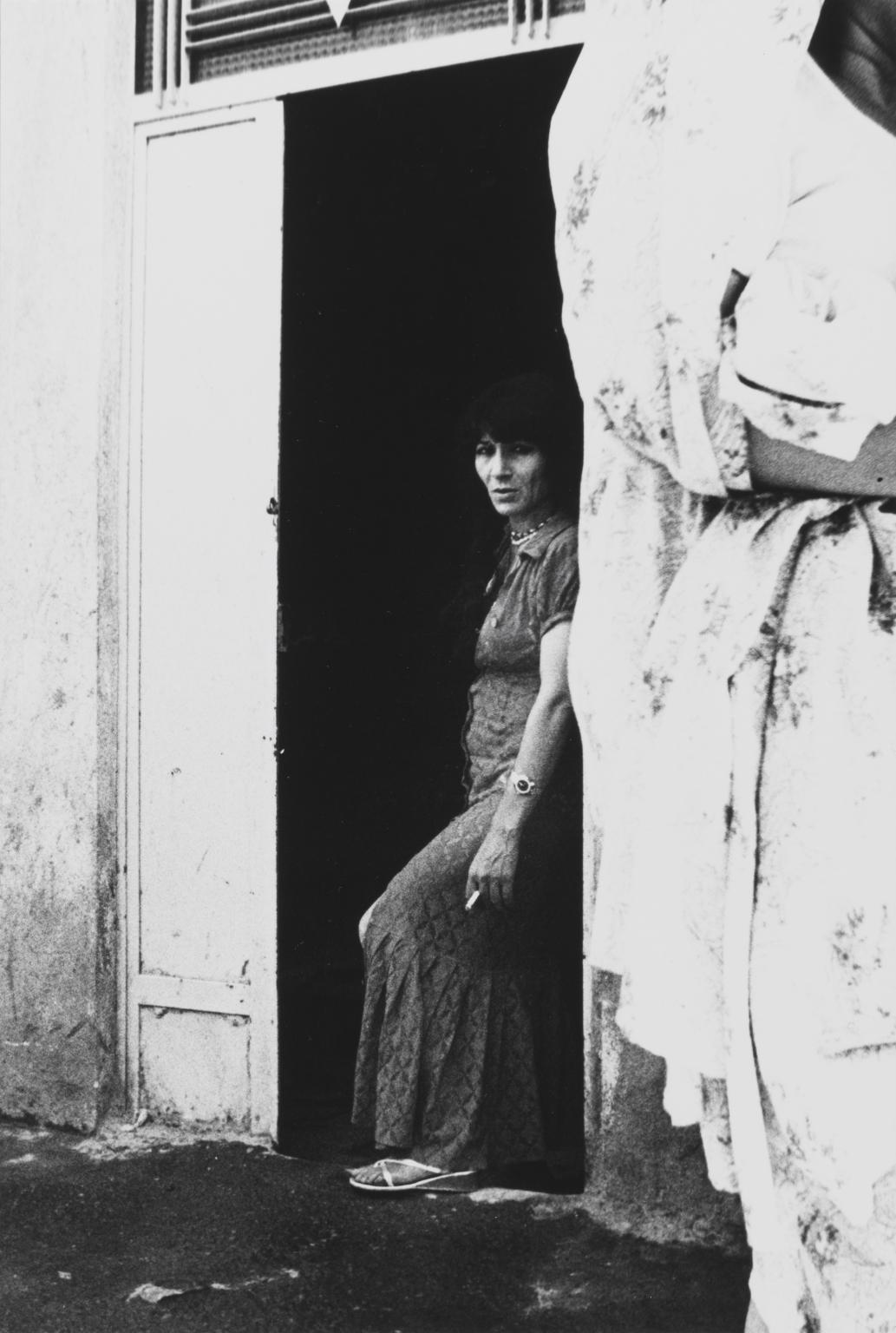
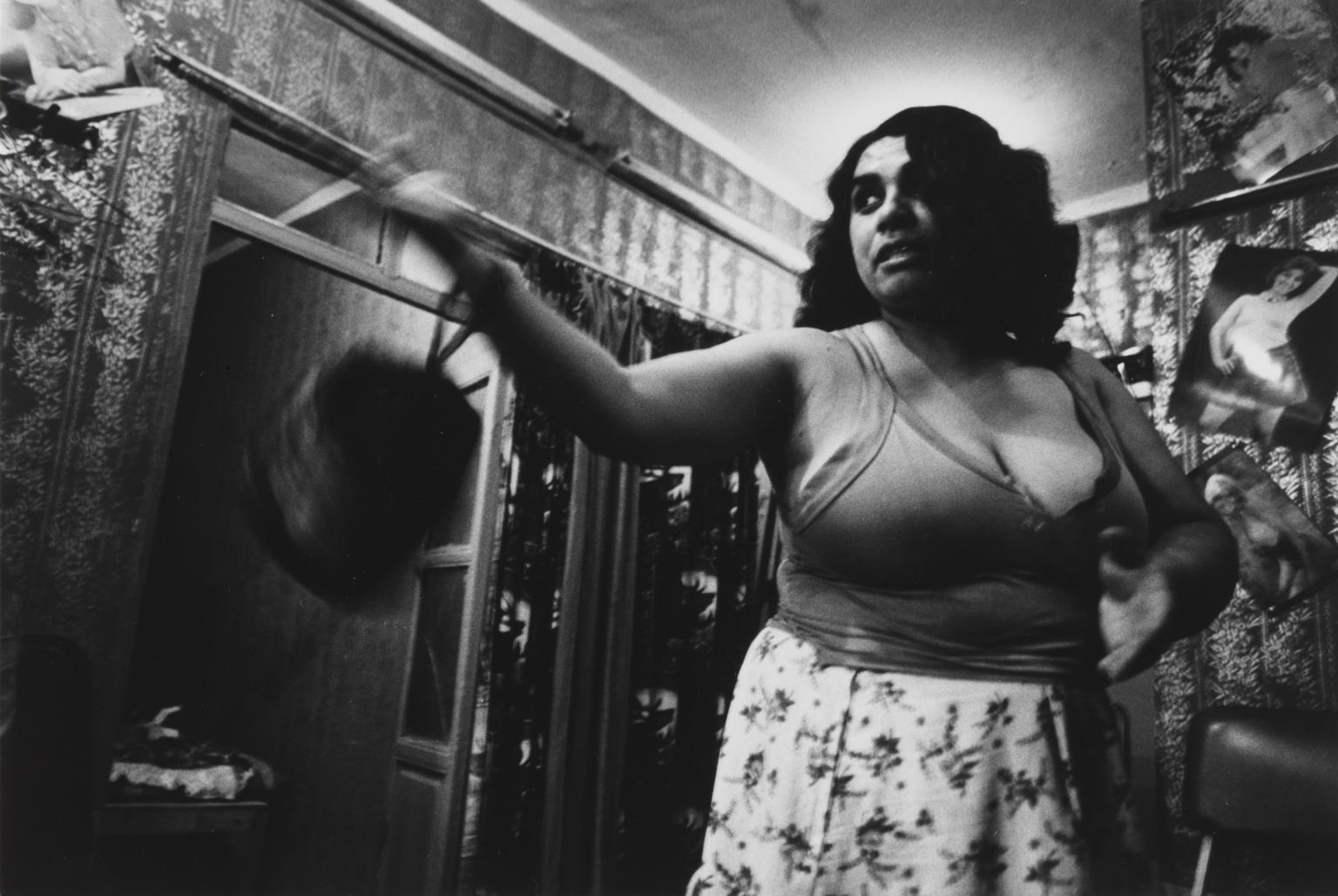
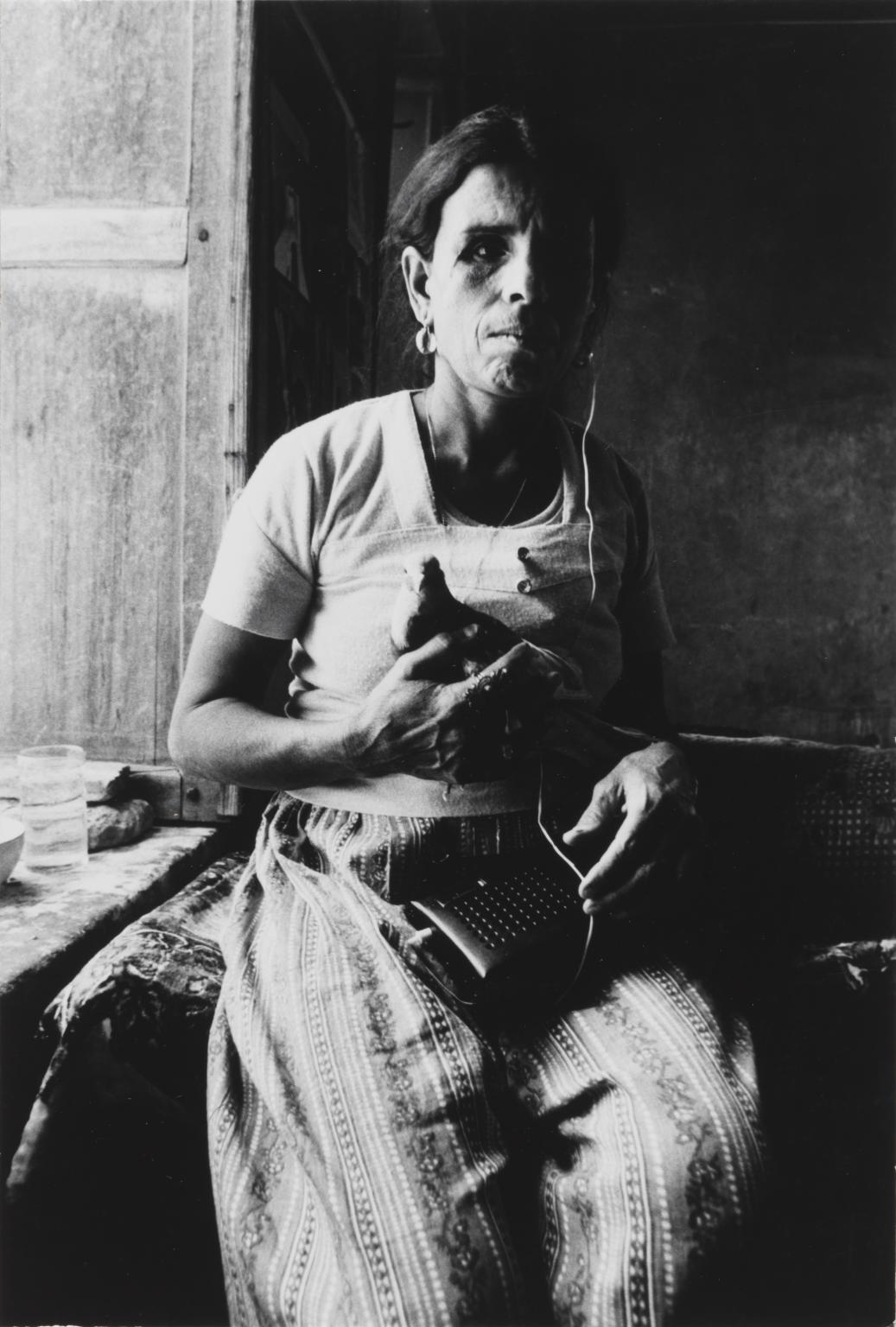
Golestan commented, ‘I want to show you images that will be like a slap in your face to shatter your security. You can look away, turn off, hide your identity … but you cannot stop the truth. No one can.’
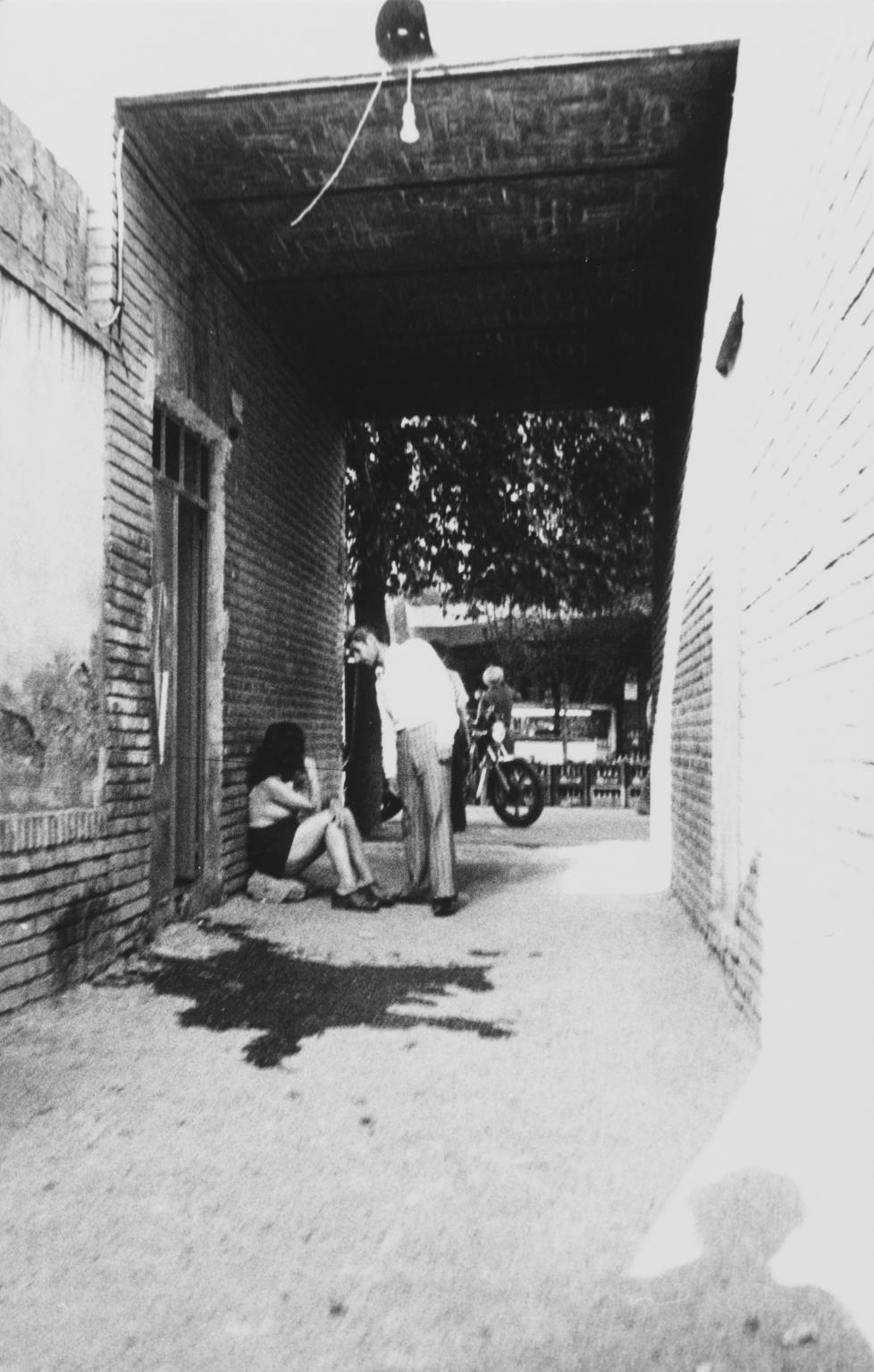
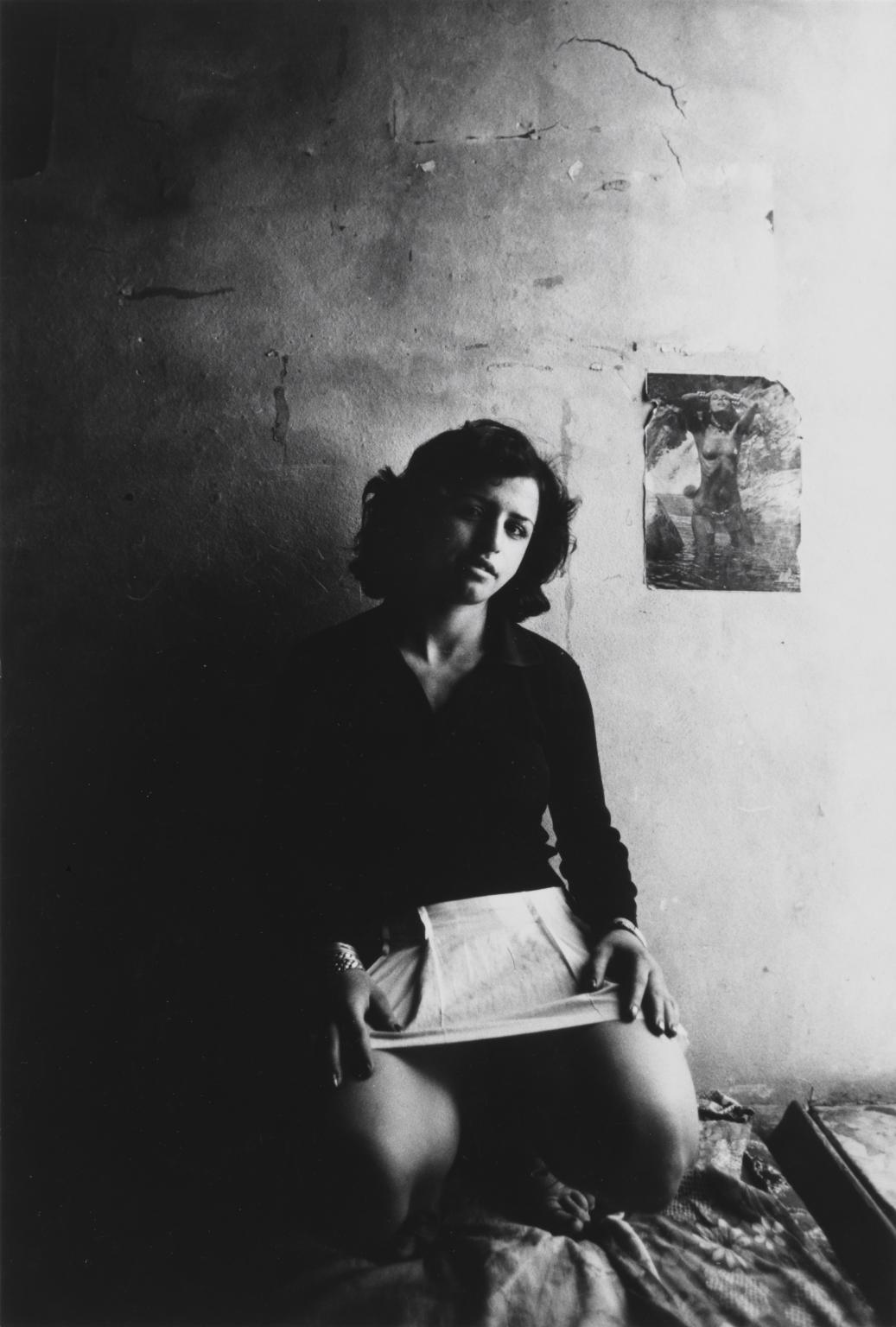

During the Iranian revolution of 1979 Shahr-e No was deliberately set alight. The authorities made no attempt to put out the fire and there are no records of how many women died.
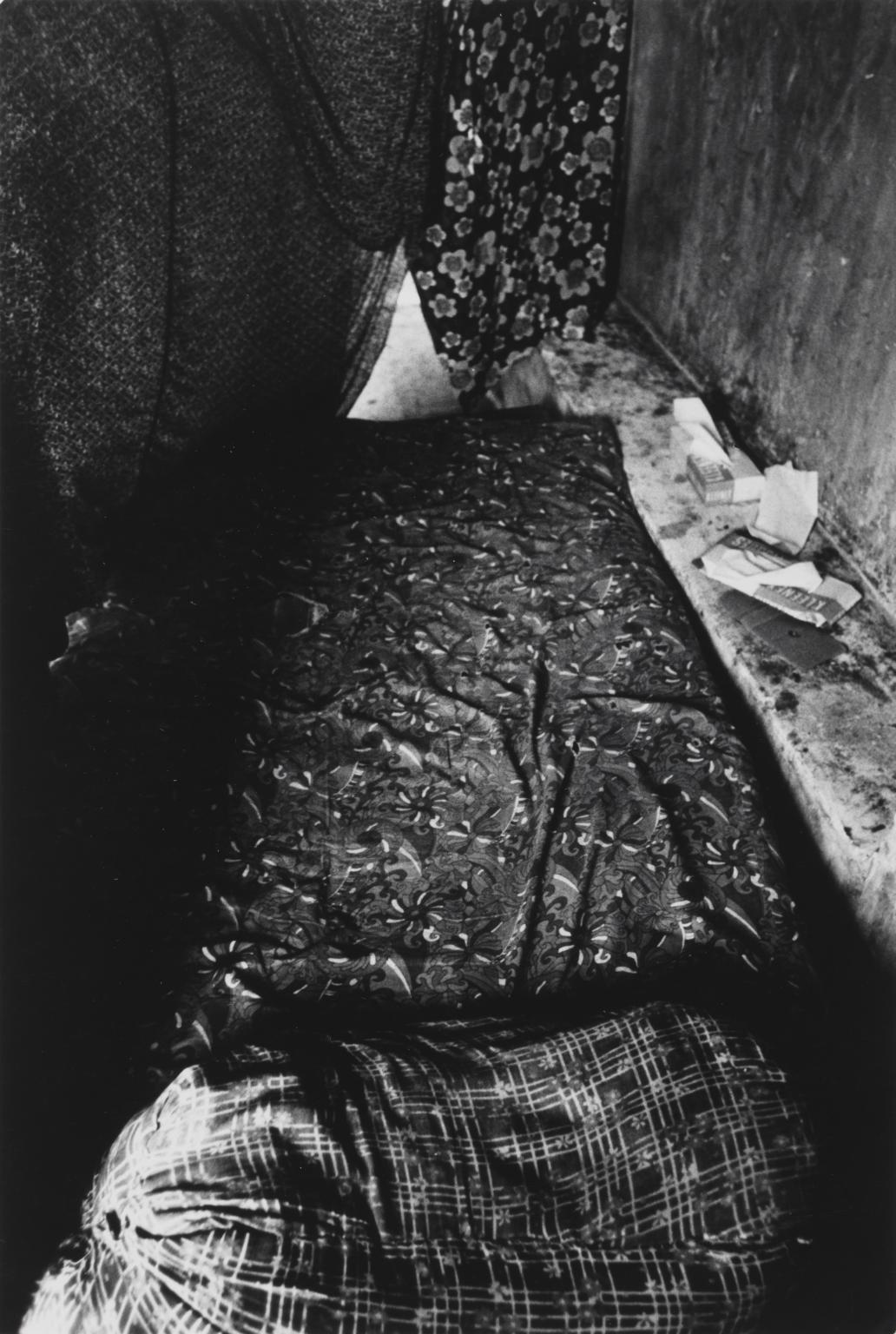
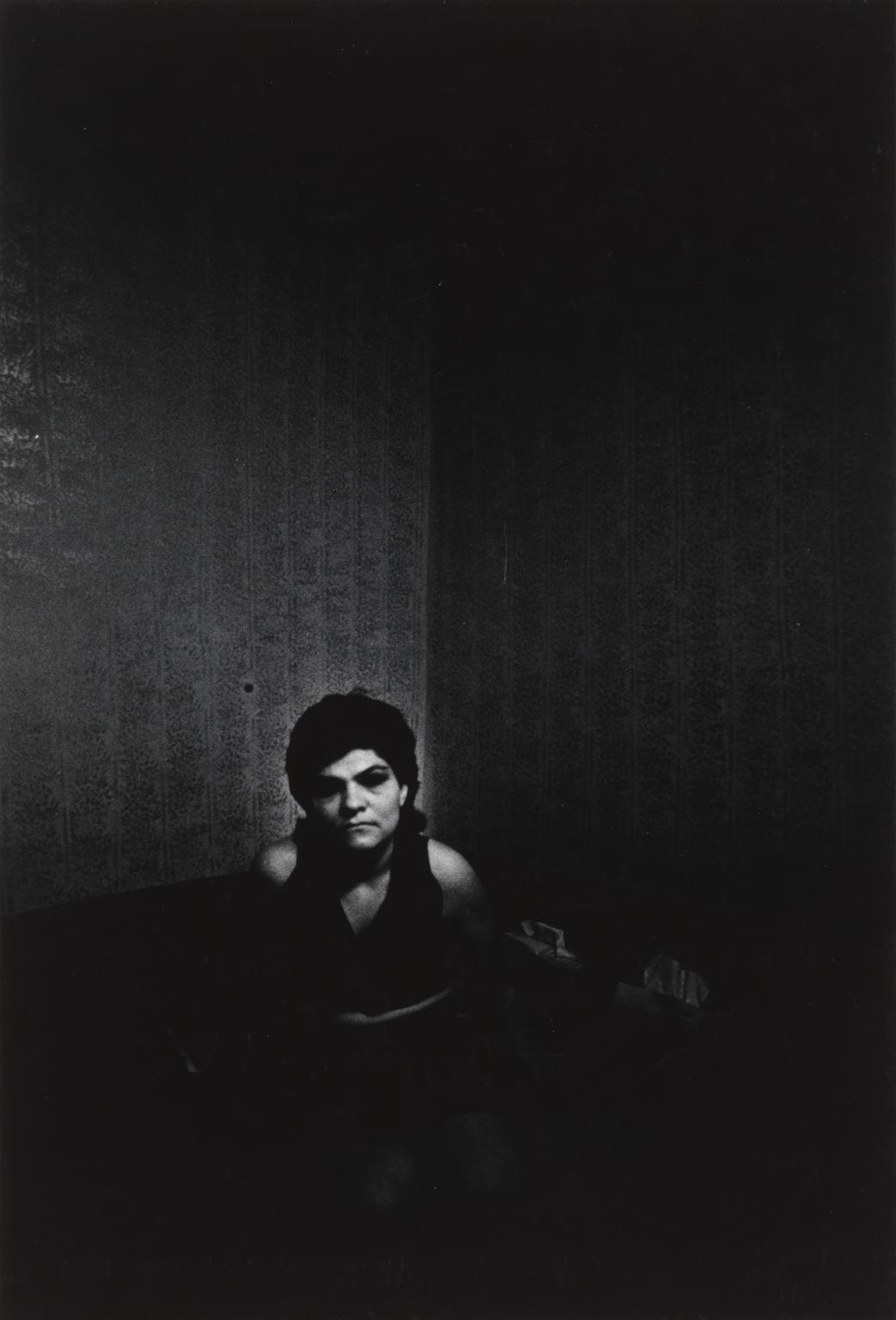
Under the newly formed Islamic Republic, the area was demolished in an act of ‘cultural cleansing’ and today bears no reference to its past. Golestan’s images are among the last known records of the women of Shahr-e No.
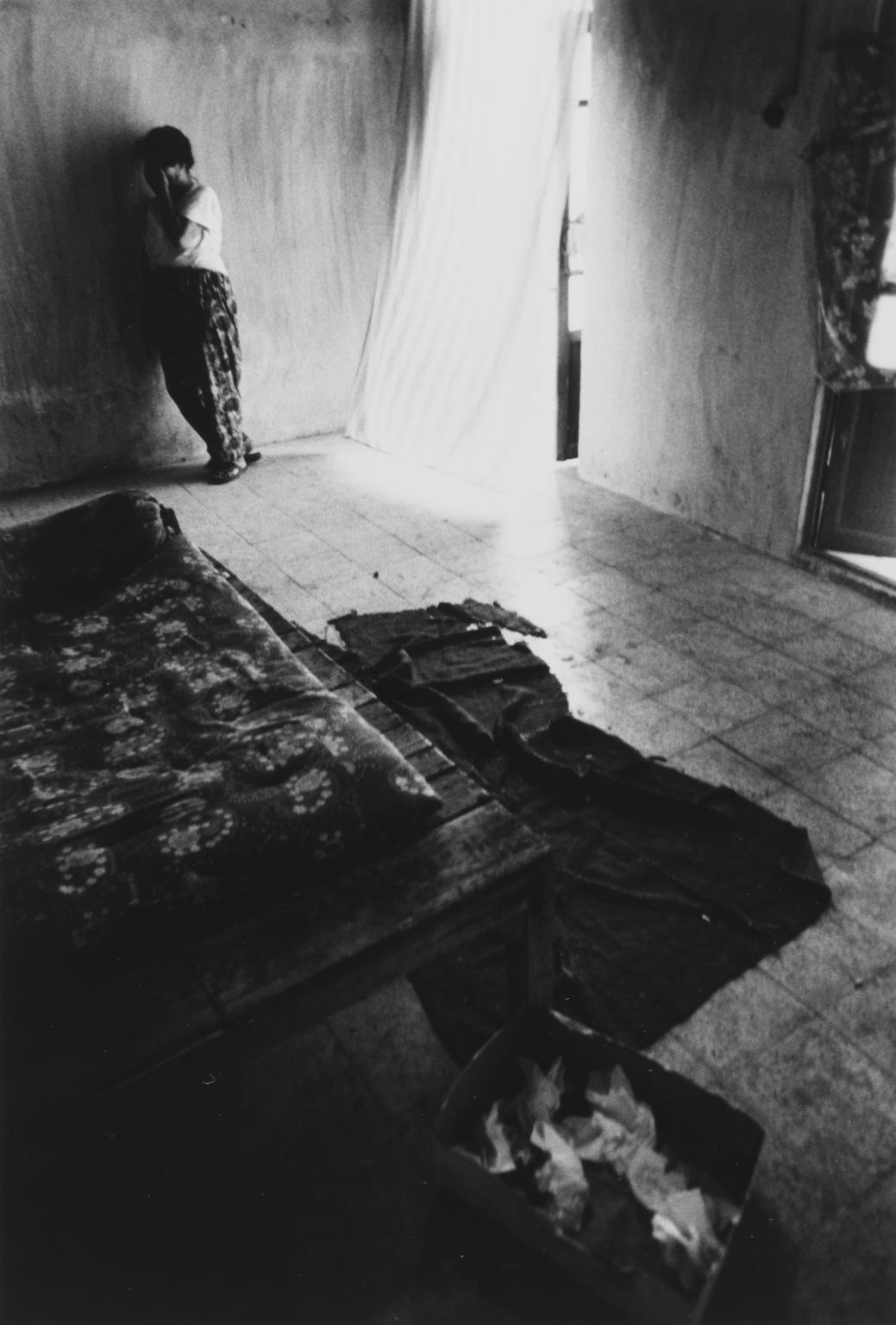
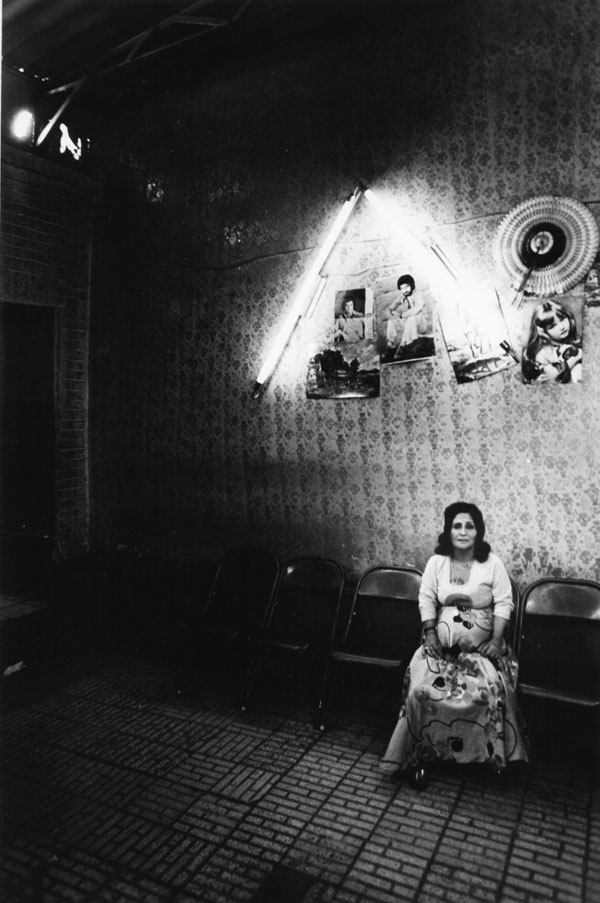
You can now visit this exhibition at Tate Modern.
Photo Credit: Kaveh Golestan Estate
Biography: Art Road
Notes: Tate Modern
